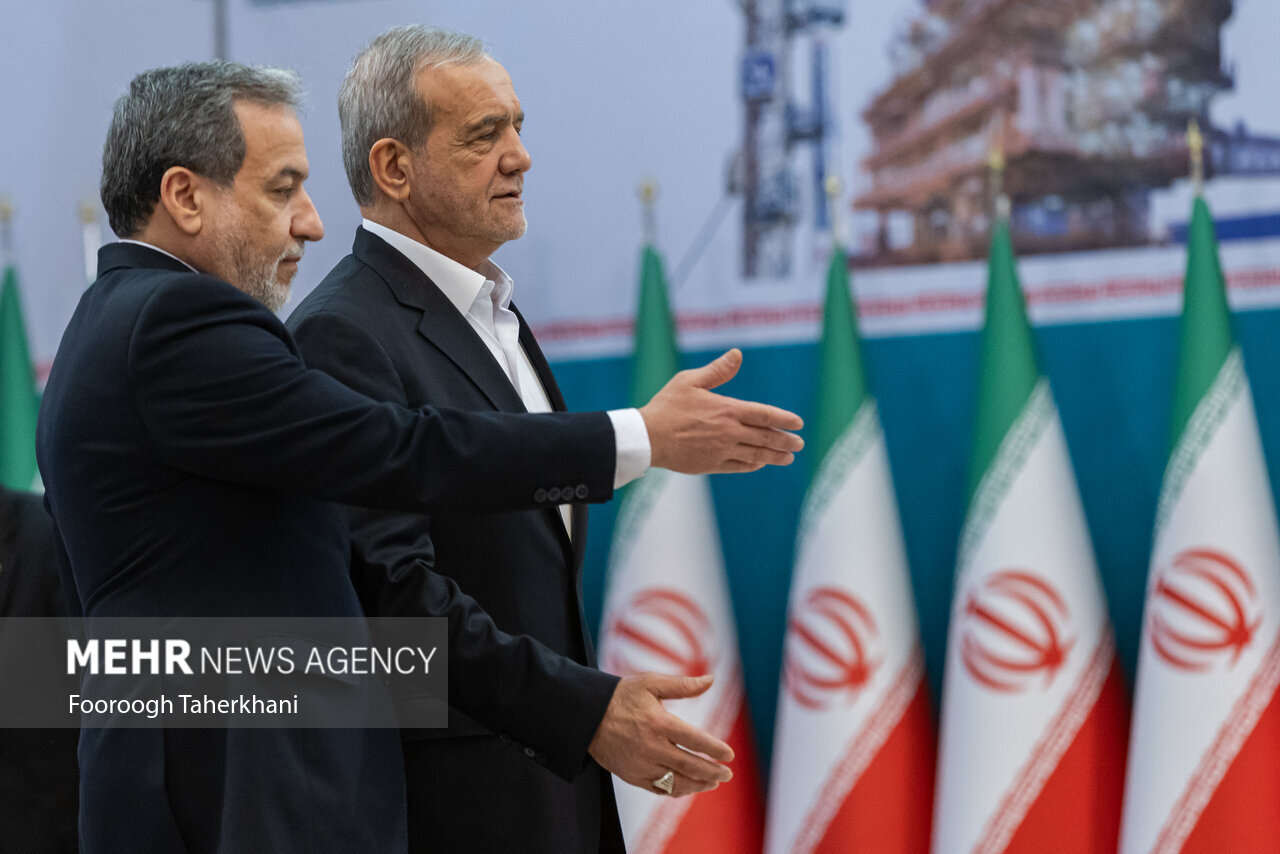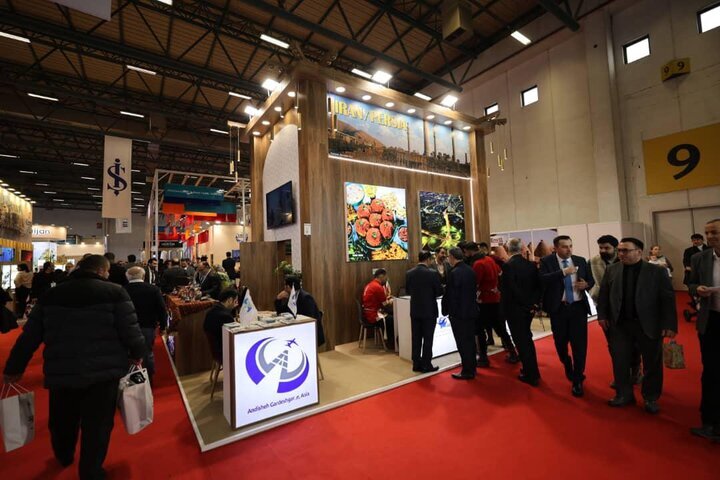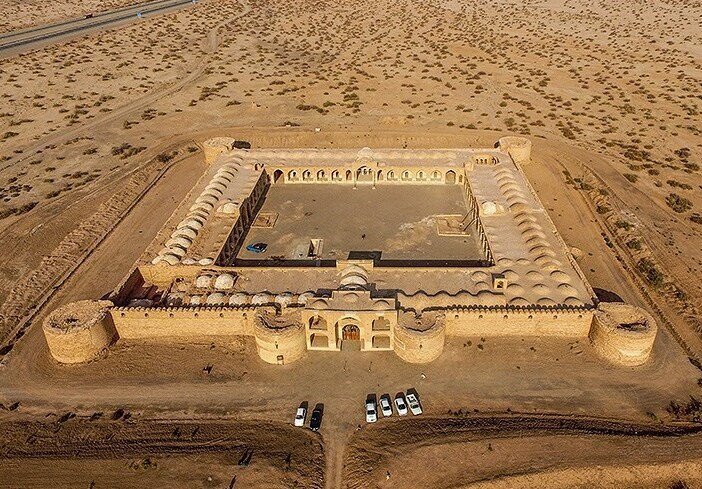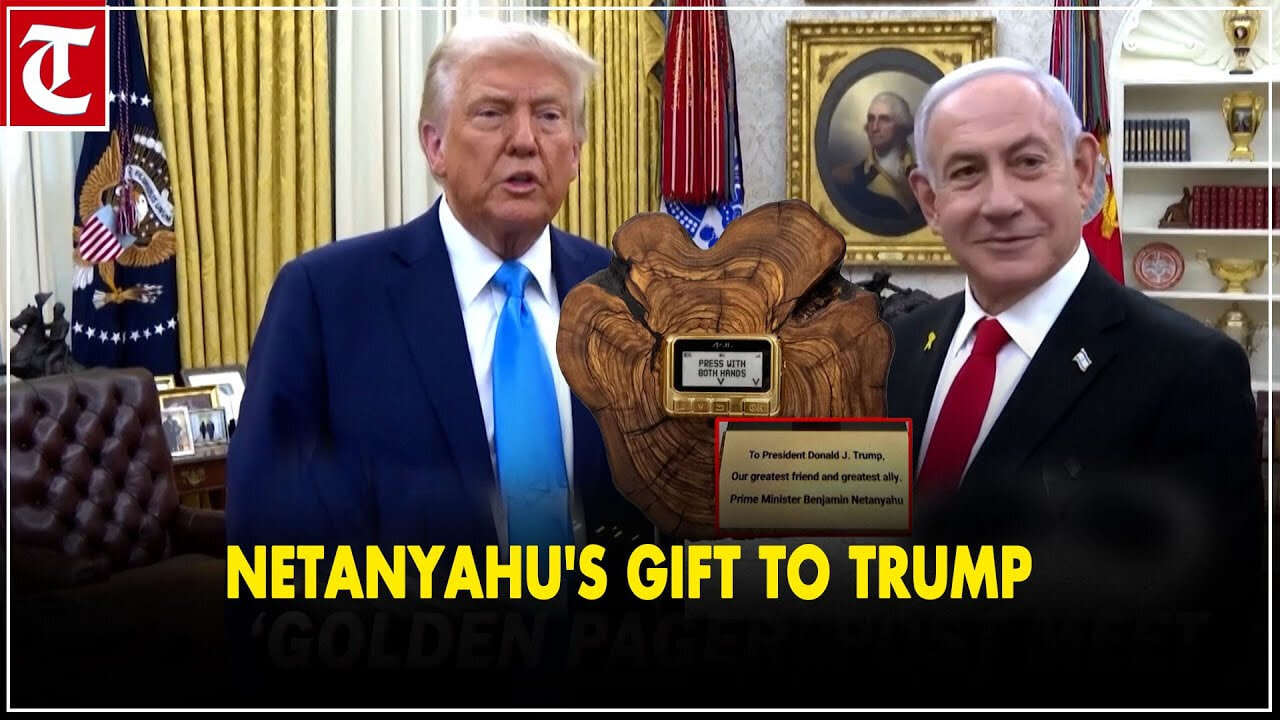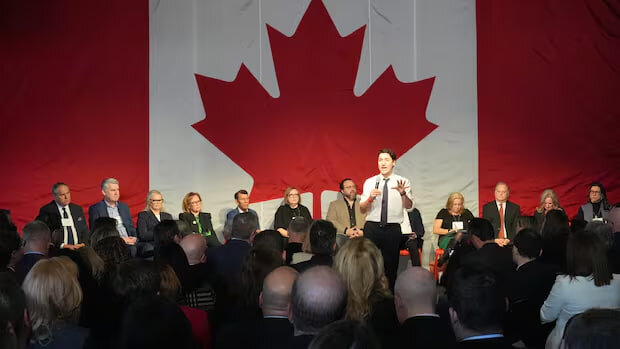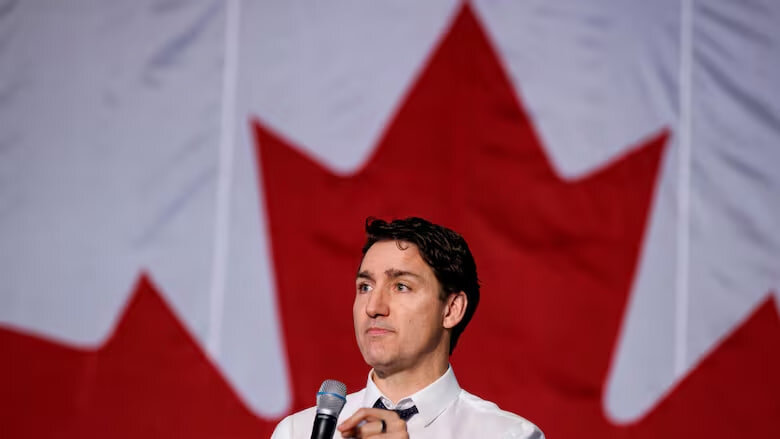
Prime Minister Justin Trudeau told business leaders at the Canada-U.S.
Economic Summit in Toronto that U.S.
President Donald Trump's threat to annex Canada "is a real thing.""Mr.
Trump has it in mind that the easiest way to do it is absorbing our country and it is a real thing.
In my conversations with him on," Trudeau said, before the microphone cut out.The prime minister made the remarks to business leaders after delivering an opening address to the summit Friday morning outlining the key issues facing the country when it comes Canada's trading relationship with the U.S.After the opening address, media were ushered out of the room, when a microphone that was left on picked up on what was only meant to be heard behind closed doors.Asked about the comments, Labour Minister and government House Leader Steven MacKinnon said Canada may have different regions and political difference, but the country "is united on one thing: its pride in being Canadian.""Canada is free, Canada is sovereign, Canada will choose its own destiny, thank you very much.
But Canada is forever so Canada will make its choices," he said."We will always, always, always, stand up for this country, for its peopleand for the ability to make our choices for ourselves."In Trudeau's opening address to the summit, he saidCanada needs both a tactical response to Trump's tariff threats in the short term, as well as a strategy for dealing with a less co-operativeUnited States in the long term."We are in a moment, a moment that we have to meet for Canadians, to see not just how we get through this particular challenge over the next 30 days or few months, but how we get through and thrive and grow stronger over the next four years, and into what may be a more challenging long-term political situation with the United States," Trudeau said.In order to have success on both of those fronts, Trudeau said that attendees of the summit will be discussing how to do three key things: deliver an internal free-trade deal, ensure Canada-U.S.
trade works for both countriesand ensuring Canada properly leverages the trade deals it already has with partners in Europe and the Pacific Rim.Afteratense weekend, Trump announced Monday afternoon he was shelving his promise to impose 25 per cent tariffs on Canadian goods for at least a month, with Canada offering a plan to address Trump's border security and crime concerns.Trudeau said earlier this week that despite that reprieve, concerns remain and the Canada-U.S.
Economic Summit will "find ways to galvanize our economy, create more jobs and bigger paycheques, make it easier to build and trade within our borders and diversify export markets."Interprovincial tradeBusiness leaders in Canada have long complained that it's easier to do business with other countries than other provinces, largely due torestrictions on the sale of alcohol, technical barriers such as vehicle weight standards and regulatorybarrierssuch as licensing and paperwork requirements.The prime minister said Friday that all of Canada's premiers are united in wanting to drop internal trade barriers that Trudeau says "just don't make sense," and now the timing is right to get it done."We have to move forward on it," Trudeau saidFriday.
"This is one of those moments and opportunities where we actually can.
There's a window open because of the context we're in, we have to jump through it."To get a truly internal free trade agreement, Trudeau said, will require governments and business leaders "to step up and push hard and make sure that in this moment we actually move forward on free trade within Canada."========Trading from a 'position of strength'Internal Trade Minister Anita Anandwas asked during a news conference on Wednesdayif "interprovincial trade barriers [could] be dealt with, wiped away in 30 days?""The short answer to your question is yes," she responded.Trudeau also said that Canadians have to accept that our proximity to the U.S.
means that we are going to be trading north and south for many years to come."We are always going to both benefit and be challenged by trade with the United States," he said.
"Its always going to be a big chunk of our economy."Trudeau said that to succeed, Canada needs to be "deliberate and strategic" about how it forges business partnerships with the U.S.
when it comes to the trade in critical minerals and energy to ensure both countries win."These are things that we can deliberately look at, that we are looking at," Trudeau said.
"We're always going to be trading with the United States, can we make sure we're doing it from a position of strength?"Trudeau said Canada also has to make sure it is "taking advantage of the incredible trade deals" the country has signed with the European Union (EU), Pacific Rim countries and the United Kingdom."Its not enough to just sign a trade deal, we have to then follow up on it with trade missions, with actual investments, with partnerships," Trudeau said.The prime minister said the summit will try to tackle how Canada can get more out of its free trade deal with the EU, how it can open new markets and diversify supply chains."There is a moment right now that we should be talking about," he said.Conservatives say Trudeau should recall Parliament, not host a summitConservative MP Michael Barrett, the party's critic for ethics and accountable government, said that instead of holding a summit in Ottawa, Trudeau should be recalling Parliament so that MPs can debate Canada's response to Trump in the House of Commons."What issues could be more important than what is being addressed in the Trudeau performance in Toronto today?" Barrett said in the foyer of the House of Commons on Friday.Barrettsaid there are important questions to ask Trudeau, but "he's gone into hiding behind a locked door."Asked if his party would be willing to put off a confidence vote, that would bring down the government, in order to work on a legislative response to Trump's tariffs, Barrett said that dealing with the response to Trump could happen "and then when that issue has been put to rest, we can deal with the matters of confidence."Barrett said that plan should be based on suggestions from Conservative Leader Pierre Poilievre to pass a tax cut, repeal the B.C.
coast tanker ban and secure the border.(Source: CBC)

 8
8







